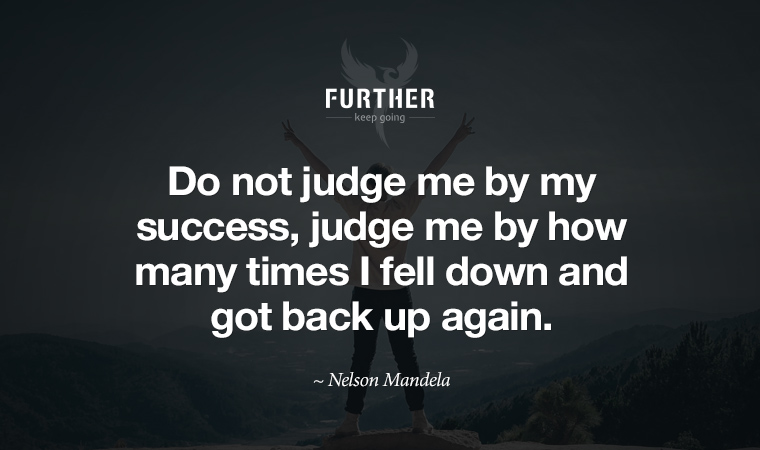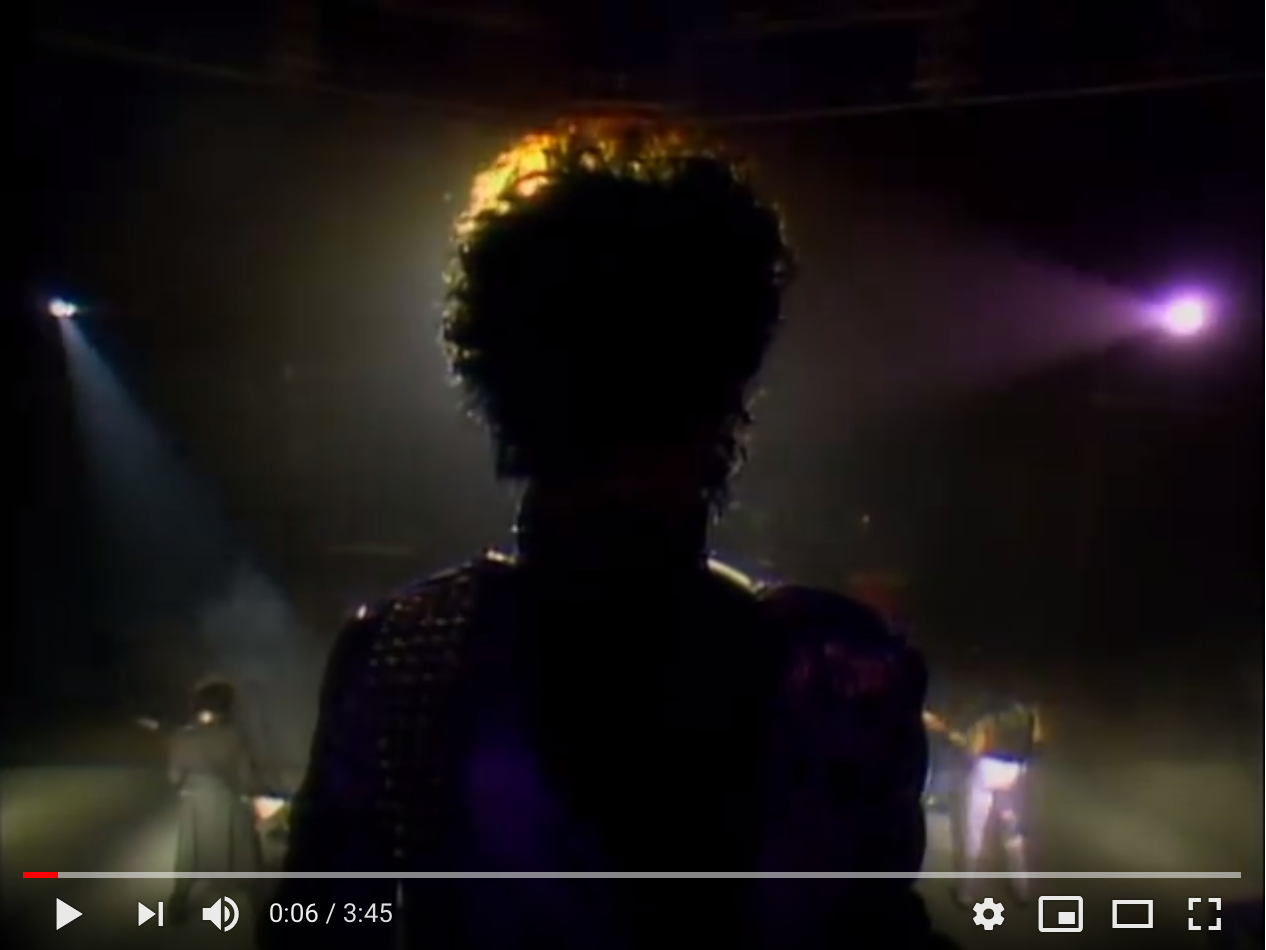
I’m not one those “hustle and grind” people. Glamorizing how hard you work seems silly, especially when the point is to work smarter and have a better life.
Last week, we looked at the primary thing to focus on when working as a freelancer, artist, or solopreneur. This week I got an early look at Company of One, an upcoming book on the topic by Paul Jarvis.
Right off the bat, Paul’s thoughts on the benefits of resiliency caught my attention. There’s no glory in killing ourselves with a ridiculous amount of work, but that doesn’t mean we don’t have to power through the challenges.
Deal with reality
The first required trait of a resilient person is the ability to deal with things as they are. Being able to solve the problem at hand instead of thinking about how things “should” be, or wishing others would change so that you’d be better off.
A lot of what happens in life and business is beyond your control, but you can always control how you respond to what comes at you. The mountain doesn’t care how you feel, so figure out what the next step is and take it.
Find your purpose
Purpose makes all the difference when it comes to pushing through inevitable struggles. Most of us work to earn money, but that alone can be a hollow motivator when things get tough.
Having a broader sense of meaning — and actually enjoying your work — go a long way toward allowing you to handle the bad days with grace. And if you don’t currently have a sense of purpose in your work (or enjoy what you do) please seriously consider changing that. Life is too short.
Be highly adaptable
This is the big one when it comes to your economic path forward. Change has accelerated, and it’s going to start coming at us even faster thanks to automation, artificial intelligence, and other sci-fi level technology.
You don’t have to fear the robot overlords, though, because your humanity is exactly the thing that AI can’t replicate. Instead, adapt to the technology so you can augment and enhance your unique creativity, problem-solving abilities, and empathetic communication skills.
The new reality?
Even if you’re perfectly happy with a job, you may not have a choice in the next 5-10 years. Work will likely look more like a “personal enterprise” of contract gigs, side hustles, and entrepreneurial projects.
Why bother resisting inevitable change or pretending it’s not happening? Instead, hone the character traits above and accept the new reality, find your mission, and start adapting today.
Company of One is now available for pre-order.
Keep going-
P.S. The response to Further’s new format was overwhelmingly positive. A few people (nicely) told me they preferred aspects of the old format, so I may still have some tweaks to come that take those thoughts into account.
What you eat, or when you eat it?

You better cut the pizza in four pieces
because I’m not hungry enough to eat six.
~ Yogi Berra
The most infuriating part of trying to eat well is the flip-flopping on what that means. Eggs are bad; no they’re good. Low-fat; sorry, we meant low-carb. Plant-based, paleo, pterodactyl (just you wait on that last one).
What you put in your body matters, so we try to keep up. But the obesity crisis can’t be blamed on the “what” alone, because the “when” of eating is now drastically different and a problem itself.
From three square meals to three meals squared
Back when we were kids, our moms told us we couldn’t snack after school because it would ruin our dinner. Now we’ve got parents preparing mini-meals for halftime of the pee wee soccer match. It’s all snacking, all the time.
In fact, most people are eating 6 times a day. And you might even remember that this approach to eating was endorsed by people we looked to for nutritional advice (but without a bit of science behind it).
Here’s how that ends up when tracked, according to Dr. Jason Fung:
The median daily intake duration (the amount of time people spent eating) was 14.75 hours per day. That is, if you started eating breakfast at 8 am, you didn’t, on average, stop eating until 10:45 pm.
Basically eat, sleep, repeat.
Yikes.
It’s time to restrict your time
Meanwhile, research reveals real benefits with intermittent fasting and other forms of time-restricted eating, notably for weight loss.
But here’s the thing — since these approaches invariably lead to lower overall food consumption, it’s not clear if the weight loss is a special feature of the fasting, or because you’re just not eating so damn much.
Having a limited window in which you can eat leaves you less opportunity to consume calories. Even if your normal meals are healthy, it’s the pastry with your morning latte, the mindless grazing at work, and the bite before bedtime that really add up around your waist.
What you eat is important. When you eat may be more important. So to keep it simple, maybe follow a revised version of Michael Pollan’s rule for eating:
Eat food. Not too much. Mostly plants.
During an 8-to-10 hour daily window only.
The Critical Importance of Time Restricted Feeding in Weight Loss (Medium)
The opposite of busy is effective

Beware the barrenness of a busy life.
~ Socrates
One thing I’ve always been good at in business is eliminating the unnecessary. I can easily identify the 1-3 most important things that need to be done on any given day, and that’s what I focus on.
Even if those are the only things that get done, it’s a successful day. Over time, a bunch of days like that add up to successful initiatives.
On the other hand, you’ve got people who fill every moment of their day with … something. Meetings, calls, networking lunches, more meetings, more calls.
A busy day, certainly. But not an effective one.
Do less to do more well
Over at Fast Company, Away’s founder Jen Rubio shares the way her startup thrives with the same philosophy. It simply comes down to figuring out what’s essential, and eliminating the rest.
Seems smart, right? But it’s perceived as counter-intuitive because “busy” has been falsely equated with productive:
You might end the day with fewer items crossed off your to-do list, but you’ll be using your most precious resource — time — on the things you know are driving the business forward in the most meaningful way. It’s this kind of work that will bring you the greatest results, whether you’re an employee or an entrepreneur.
You must, however, be able to identify what is truly essential. Easier said than done?
Choose what to do wisely
Not all tasks are created equally, which means it’s up to you to choose what’s truly important and put that first in line.
If you later get to the other stuff on your list, great — but if not, you’ve still pushed your work forward in a meaningful way. On the other hand, choosing to cross off a bunch of non-essentials first in the name of being “productive” is not even remotely effective.
Start each day by asking yourself, “Is this the most important thing I can use my time and skills on right now?” If the answer is no, consider whether you can eliminate it, delegate it, or replace it with something with higher impact.
It can be tough to operate like this when you have a boss who doesn’t have the necessary ability to prioritize. Which brings us to another thing I’ve always been good at eliminating as unnecessary — a boss.
Do Less to Achieve More (Fast Company)
Better is better than great

The pursuit of perfection often impedes improvement.
~ George Will
You might think a publication with the title of Further is all about the achievement of greatness. Never be satisfied, you’re not good enough, keep going!
Not exactly.
The idea is to simply get a little better all the time while enjoying the journey. Paradoxically, “getting a little better all the time” at something you love is also the path to mastery.
The path to better
In my favorite read from the last few days, Outside columnist Brad Stulberg tackles the incessant obsession with greatness in our culture.
He quotes Zen master Thich Nhat Hanh for the proposition that success means “finding happiness in your work and life, in the here and the now,” which has an valuable by-product:
What’s interesting is that not always trying so damn hard to be great isn’t just the path to being happier; it’s also the path to getting better.
It’s true. Whether you want to be thinner, get fitter, or create more, research shows that for remarkable results, focus on incremental progress on a consistent basis.
In other words, “being good enough over and over again.”
Embrace vulnerability
Stulberg examines a host of ways you can get better at becoming better without worrying about the achievement of greatness. Acceptance, patience, presence, and developing an in-person support group all help.
Embracing vulnerability, though, may be the most important skill when it comes to stepping away from “greatness” in the alternate reality of an Instagram-fueled life.
Stulberg cites the research of Brene Brown for the finding that “trust comes from vulnerability,” which has an interesting potential outcome:
Recent experimental data suggests that this is because deep down inside, most everyone dislikes having to pretend they’ve got all their shit together. When you let your guard down and get real, others feel relieved and gain the confidence to do the same.
We already know all that “greatness” on social media isn’t the whole truth, so maybe it’s time to simply stop trying to portray everything that way. Isn’t watching someone get a little better each day or month more interesting?
You’d get my follow.
It’s Okay to Be Good and Not Great (Outside)
further: flashback
1999, 1982
Hard to believe that it was a challenge for some of MTV’s biggest stars (who happened to be black) to initially get airplay. Prince’s 1999 broke through in late 1982, paving the way for a little tune called Billie Jean in the spring of 1983. (YouTube)
further: sharing
Please share this issue of Further. Thank you!

